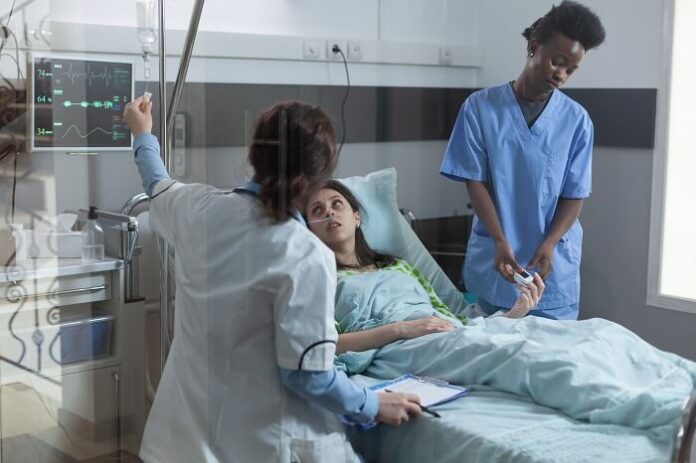A recent city survey reveals that nearly six out of ten patients take antibiotics without consulting a doctor, despite evidence that misuse of these medications has led to common bacteria like E. coli becoming increasingly lethal in Indian ICUs. Improper use of antibiotics—failing to take the right drug at the correct dosage for the recommended duration—can contribute to bacteria developing resistance, resulting in drug-resistant infections.
As reported by TOI, a study published in The Lancet earlier this year warned that resistant bacteria, or superbugs, could cause up to 40 million deaths worldwide over the next 25 years. Antimicrobial resistance (AMR) is now recognized as one of the most critical global public health challenges.
According to the Institute for Health Metrics and Evaluation at the University of Washington School of Medicine, India alone recorded nearly 300,000 deaths directly attributable to AMR in 2019, with another 1 million deaths linked to it. Infectious disease specialist Dr. Anita Mathew from Fortis Hospital, Mulund, explained, “People often take antibiotics like azithromycin or doxycycline casually, relying on past prescriptions for similar symptoms.” Dr. Mathew was part of the team that conducted the survey involving 4,500 patients and their relatives across four Fortis hospitals in the city. The findings revealed that 62% of respondents self-prescribe antibiotics for common ailments like colds, throat pain, or the flu.
“Antibiotics are not a one-size-fits-all solution; they need to be carefully selected based on the suspected infection and bacteria. For viral conditions like the flu, which typically resolve on their own, antibiotics are ineffective,” Dr. Mathew emphasized. Her colleague, Dr. Kirti Sabnis from Fortis Hospital Kalyan, highlighted that 71% of surveyed individuals were unaware of the distinction between bacterial and viral infections. Misusing antibiotics, antivirals, or antifungals can lead to drug-resistant microbes and the emergence of superbugs.
Dr. Mala Kaneria, a professor at Nair Hospital in Mumbai, described the situation as alarming, with increasing cases of pan-drug-resistant bacteria that are unresponsive to all known antibiotics. “We are now encountering patients with pan-drug resistance in ICUs, which requires repurposing drugs to save lives,” she explained. Common bacteria like Pseudomonas aeruginosa and Staphylococcus aureus (now often appearing as MRSA) have become much harder to treat compared to 20 years ago.
An annual report by the Indian Council of Medical Research (ICMR) underscored the issue. Analyzing nearly 100,000 samples from over 200 hospitals nationwide, the report revealed a significant drop in the susceptibility of bacteria like E. coli, Klebsiella pneumoniae, and Pseudomonas aeruginosa to key antibiotics, with resistance increasing by 10-20% between 2017 and 2023.
Dr. Mathew recounted the recent case of an elderly patient who succumbed to sepsis despite being treated with colistin, a last-resort antibiotic. “The patient had a history of recurrent infections, and even high-end antibiotics couldn’t save her,” she said. Dr. Sabnis stressed the need for public awareness and behavioral change to preserve the effectiveness of antibiotics for future generations. “People want quick fixes for infections, often without understanding the natural recovery process or the potential risks of overusing antibiotics. This mindset has to change,” she concluded.























